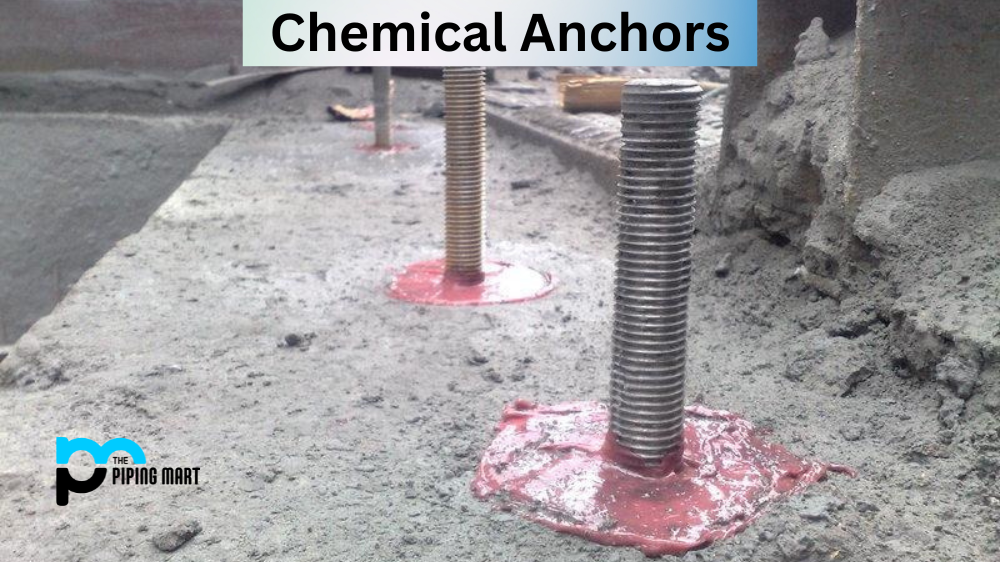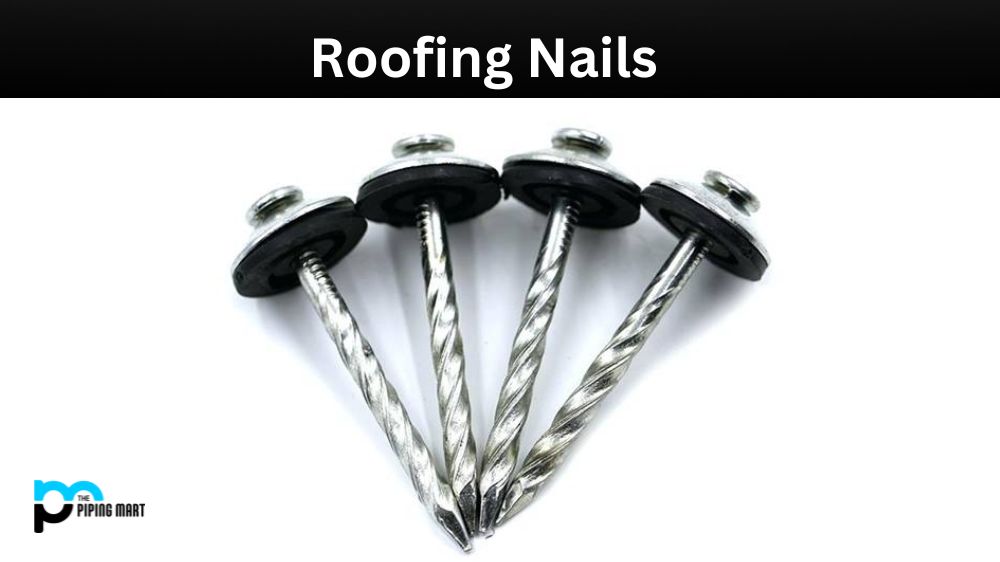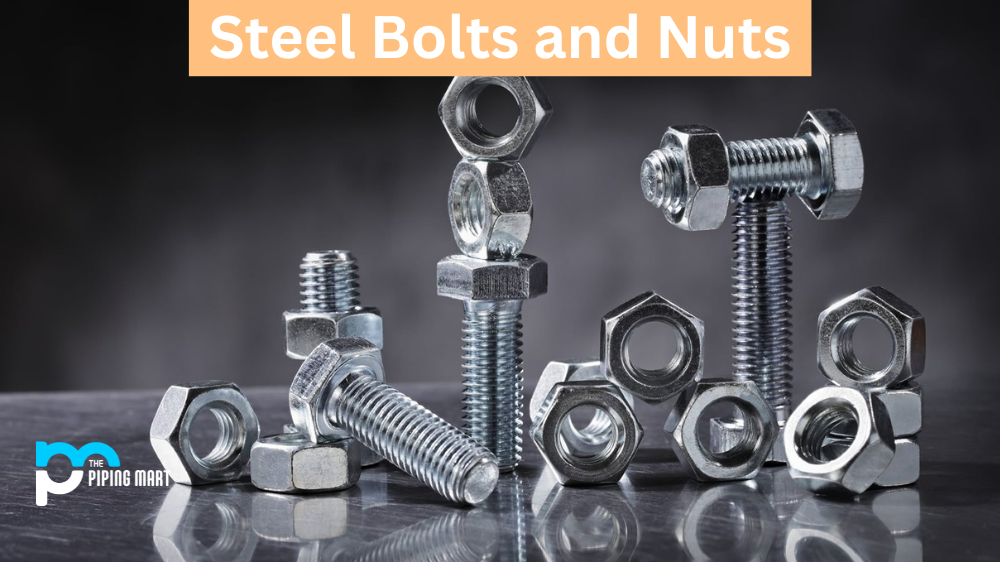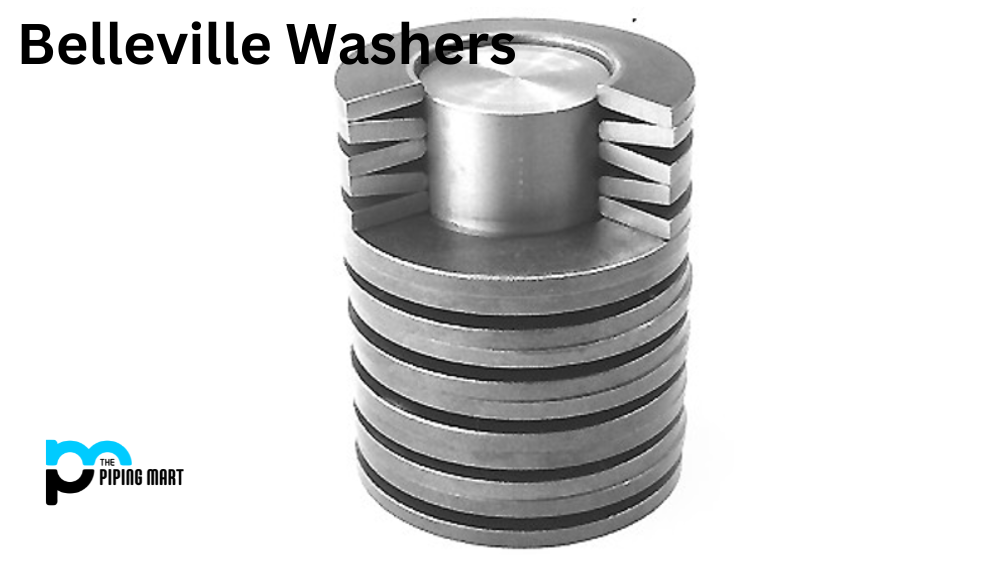Chemical anchors, or chemical adhesives, are a type of adhesive used in construction and engineering projects. These adhesives are designed to bond together materials that would not typically adhere to each other. This makes chemical anchors an invaluable tool for many different types of projects. In this blog post, we will discuss what chemical anchors are, the different types available, and some of their common uses.
What is Chemical Anchor?
A chemical anchor is a two-part adhesive consisting of a resin-based substance and a hardening agent. When mixed together and applied to a surface, the resin creates an exceptionally strong bond between two materials that would not normally adhere to one another. The strength of the bond created by using a chemical anchor is often greater than what can be achieved by mechanical fasteners such as nails or screws.
Chemical Anchor Types
There are several different types of chemicals that can be used for anchoring applications. Some of the more commonly used types include epoxy resins, polyester resins, acrylic resins, and vinyl-ester resins. Each type has its own unique properties, which make it suitable for particular applications. For example, epoxy resins have excellent bonding properties but are not suitable for use in wet conditions or on surfaces with high levels of vibration or movement due to their brittle nature once cured. Vinyl ester resins, on the other hand, have good flexibility making them ideal for use in areas such as swimming pools where there may be significant water pressure changes over time.
Chemical Anchor Uses
Chemical anchors are used in a wide variety of applications in both commercial and residential settings, including masonry repairs, window installation, plumbing installations, fixing steel structures to concrete floors/foundations/walls etc., attaching signs/fixtures etc., installing handrails/ladders etc., attaching electrical cabling etc., and any other application where strong bonding between two dissimilar materials is required. No matter what type of project you’re working on, there’s likely a chemical anchor that can help you get the job done quickly and effectively!
Conclusion:
Chemical anchors offer an excellent solution when traditional mechanical fasteners just won’t do the job properly. They provide an exceptionally strong bond between two materials that would otherwise not adhere to each other, allowing you to complete your project quickly without sacrificing quality or safety. Whether you’re working on masonry repairs or installing handrails or anything else in between – chances are there’s a chemical anchor out there that can assist you with getting it done right!

Abhishek is a seasoned blogger and industry expert, sharing his insights and knowledge on various topics. With his research, Abhishek offers valuable insights and tips for professionals and enthusiasts. Follow him for expert advice on the latest trends and developments in the metal industry.




